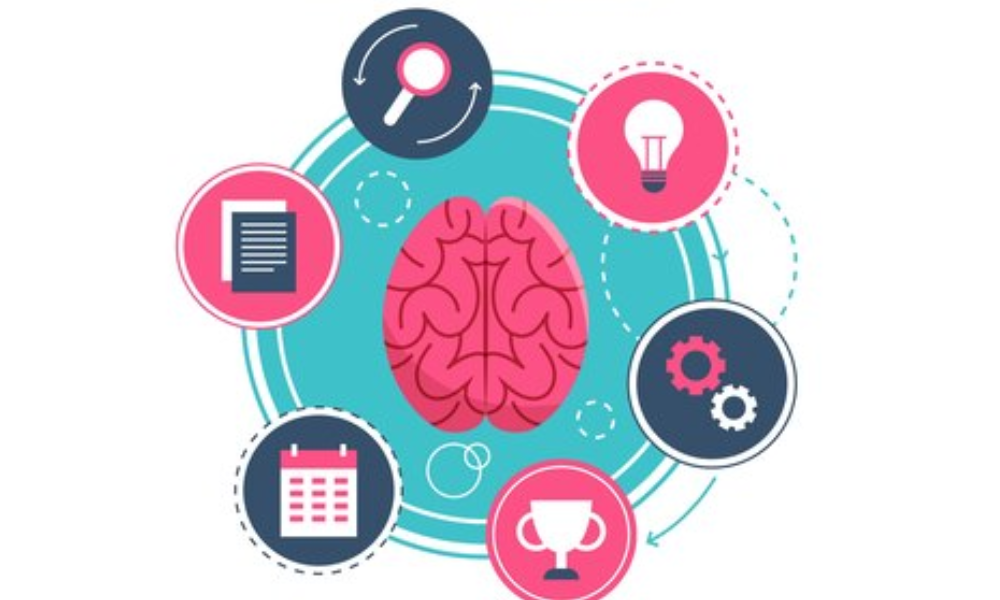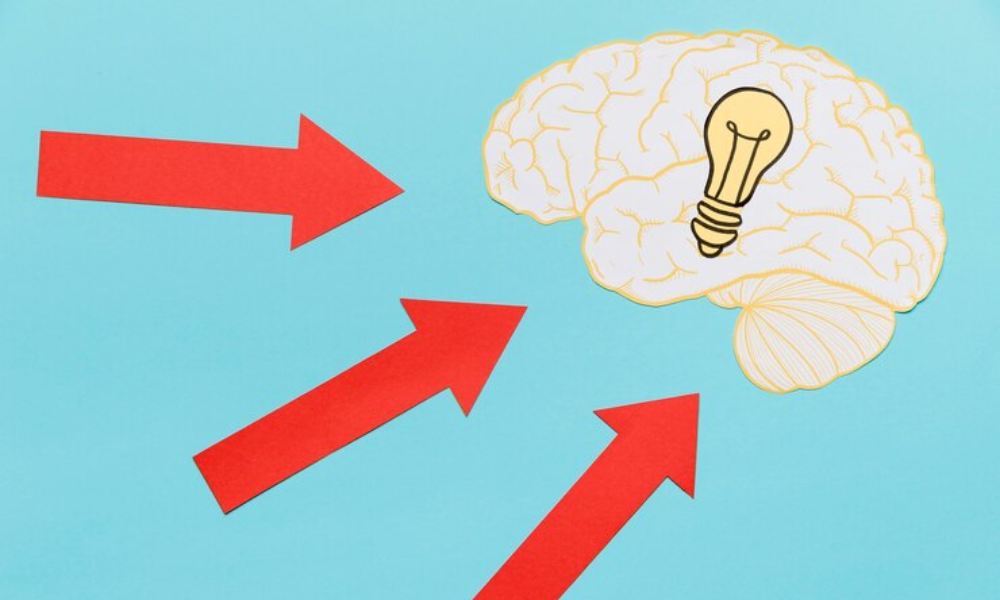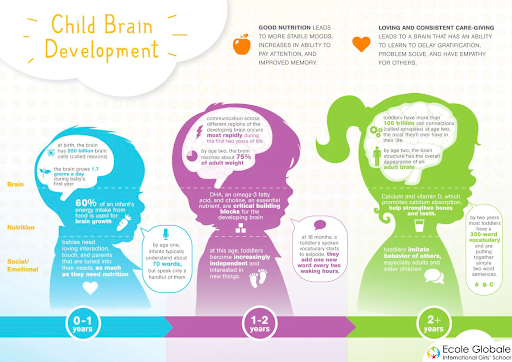The brain is the most potent and essential organ in the human body. It controls the entire body system and processes. A healthy and well-developed mind is crucial for thriving in life. When we are a baby, our brain is not fully developed, and we rely on assistance from parents and caregivers. As we grow, our brain develops rapidly, enabling us to learn and adapt to our surroundings. This article explores the stages of child brain development and the factors that influence this crucial process.
The Importance of Early Brain Development

Genetics and Environment: While genetics provide the initial blueprint for brain development, the environment and everyday experiences play a significant role in shaping a child’s brain. Positive interactions with caregivers, engaging activities, and a nurturing environment are critical for optimal brain development.
Critical Periods: The early years are marked by critical periods where the brain is especially receptive to learning and forming connections. Experiences during these periods have a lasting impact on a child’s cognitive, social, and emotional development.
Brain Development Stages

Age 0-1 Years
Rapid Growth: At birth, the brain has nearly 200 billion brain cells, known as neurons. During the first year, the brain grows at a rate of 1.7 grams per day. By the age of one, a child’s brain has doubled in size, reflecting significant growth and development.
Nutrition: About 60% of the energy from an infant’s food is utilized in brain growth. Proper nutrition is vital, with mother’s milk being the primary source of nourishment in the first six months. Essential nutrients support brain development and overall health.
Early Interactions: Babies express happiness through giggles and discomfort through crying. They rely on the loving embrace of their parents to feel safe and secure. By the age of one, infants can recognize approximately 70 words, although they use only a few.
Age 1-2 Years
Communication Skills: Toddlers experience rapid growth in communication abilities. They become more curious and eager to interact with others. By two years, a child’s brain is about 75% of its adult weight, and their vocabulary expands significantly.
Learning and Curiosity: Toddlers at this stage are highly inquisitive and strive to learn new things. They develop social skills and become more independent. At around 18 months, their vocabulary increases rapidly, with the potential to learn a new word every two hours.
Nutritional Needs: Essential nutrients like DHA, omega-3 fatty acids, and choline are crucial for brain growth. These nutrients act as fuel, supporting the development of neural connections and cognitive functions.
Age 2+ Years
Brain Connectivity: By this age, toddlers have trillions of brain cells and approximately 100 trillion synapses, the maximum number they will have in their lifetime. The brain has developed to its full capacity, resembling an adult brain in structure.
Cognitive and Social Development: Children’s vocabulary expands to about 300 words, allowing them to form sentences and communicate more effectively. They continue to develop social skills and learn to navigate their environment independently.
Bone and Teeth Development: During this stage, the focus shifts to the development of bones and teeth. Calcium and vitamin D are essential nutrients that support bone health and growth. Ensuring adequate intake of these nutrients is crucial for overall development.
Factors Influencing Brain Development

The Role of Nutrition
Balanced Diet: Proper nutrition leads to stable moods, improved attention, and better memory. A balanced diet with essential nutrients supports brain development and overall health.
Early Nutrition: Breastfeeding provides essential nutrients and antibodies that support brain development and immune function. As children grow, introducing a variety of healthy foods is crucial for continued cognitive and physical development.
Positive Interactions and Relationships
Loving Relationships: Consistent care and love from caregivers are essential for healthy brain development. Positive interactions with parents, family members, and teachers build a child’s confidence and social skills.
Engaging Activities: Activities such as reading, playing, and exploring the environment stimulate brain development. These experiences promote cognitive skills, language acquisition, and emotional regulation.
Early Learning Experiences
Quality Early Education: Access to quality early learning experiences enhances cognitive development. Engaging in structured learning activities, socializing with peers, and exploring new concepts contribute to a child’s overall growth.
Play and Exploration: Play is a fundamental aspect of early learning. It encourages creativity, problem-solving, and social interaction. Providing opportunities for unstructured play supports brain development and emotional well-being.
Conclusion
Early brain development sets the foundation for a child’s future learning, health, and well-being. By understanding the stages of brain development and the factors that influence it, parents and caregivers can provide the best possible environment for their children to thrive. At Ecole Globale Schools, we emphasize the importance of nurturing early brain development through positive interactions, engaging activities, and proper nutrition.
Frequently Asked Question
Q1. How can I support my child’s brain development?
Answer. Provide a nurturing environment with positive interactions, engaging activities, and a balanced diet.
Q2. Why is early brain development so important?
Answer. It lays the foundation for future learning, health, and emotional well-being.
Q3. What role does nutrition play in brain development?
Answer. Essential nutrients like DHA and omega-3s support neural growth and cognitive functions.
Q4. How do positive interactions impact brain development?
Answer. They build confidence, social skills, and emotional regulation in children.
Q5. What are critical periods in brain development?
Answer. Early years when the brain is most receptive to learning and forming connections.










Like!! Great article post.Really thank you! Really Cool.
intresting information
Amazing
Good
Omg this blog is so interesting i love it ?